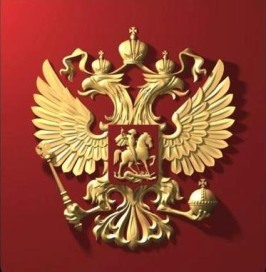As far as the content of the 11th sanctions "package" is concerned, the EU still seems to hold on to the idea of focusing on combating "circumvention" of the restrictions already in place. The explanation for this is that when the EU imposed its first sanctions against Russia, it was sure, for no apparent reason, that all third countries would automatically follow and give up trade and economic relations with us. Brussels basically appeared to assume that, on its whim, life would come to a halt and the whole world would be watching with bated breath how the EU would decide who to punish and who to spare. Nothing of the kind happened (and many countries were rather watching such endeavours qualifying them as self-damaging to the EU). And then the EU started reflecting on how to make others join in on the anti-Russian restrictions. But European officials did not foresee that the inclusion of third country companies in the sanctions "package" would adversely affect not only European businesses (such thoughts had not occurred to them), but also relations with these states, which had made it clear to Brussels that such steps would not go unanswered.
Thus, the EU itself is not yet ready to predict when exactly it will be able to finalise the next "package". As restrictions against third countries can directly influence the interests of European capitals, one should not overlook such factors as, for example, a China-Germany summit to be held in Berlin on 20 June 2023. If you want to get an idea of an approximate timeframe, take into account – in case permanent representatives [of EU Member States] fail to agree on the matter – the EU Foreign Affairs Council on 26 June 2023 and the European Council on 29-30 June 2023.























